Last Updated on August 12, 2021
PLOT: A famous showbiz couple is living a whirlwind romance until new revelations and the arrival of a new baby begin to rock the fabric of their world.
REVIEW: Like the one stars Adam Driver and Marion Cottilard are waltzing in the middle of on the poster, Annette from director Leos Carax wildly ebbs and flows like a vicious storm: At any moment it can be enrapturing and piercing in its staging of rock opera numbers from the band Sparks, pushing the boundaries of its hallucinogenic visuals into something completely in its own class. But just as quickly, those boundaries are pushed too far into the realm of absurdity that become simply maddening, tussling between tones that do more to alienate than captivate.
Directed by Carax who co-wrote the script with Sparks’ Russell and Ron Mael, Annette is the kind of art-house musical only for the most engaged and those willing to expect and embrace the unexpected. At no point does Driver don a top hat and start belting out what could be this year’s top pop hit, and the closest he and Cottilard have to a romantic ballad consists primarily of six words. The meta opening number “So May We Start” demands you to decide if you’re in or out before the rest gets started, with the main cast and musicians signing as they walk out onto the streets of LA. If this were set on an actual stage, this number would likely find the group walking down the aisles toward the stage, smacking still-lit phones out of audience members’ hands just to make sure all eyes are affixed firmly to the stage for the remainder of the next nigh two and half hours.
Driver plays Henry McHenry, a comedian in the style of George Carlin meshed with Bo Burnham, who’s as likely to break out into song as he is to start viciously screaming at the crowd. He’s engaged to Cottilard’s entrancing opera singer, Ann Defrasnoux, who much like McHenry, is at the peak of her career. As much farce as it is an homage to musicals of film and stage, their duet “We Love Each Other So Much” pokes fun at typical love songs with Carax balancing between sweetness and graphic sexuality. I didn’t know whether to laugh or simply be amazed, so I ended up doing a little of both.
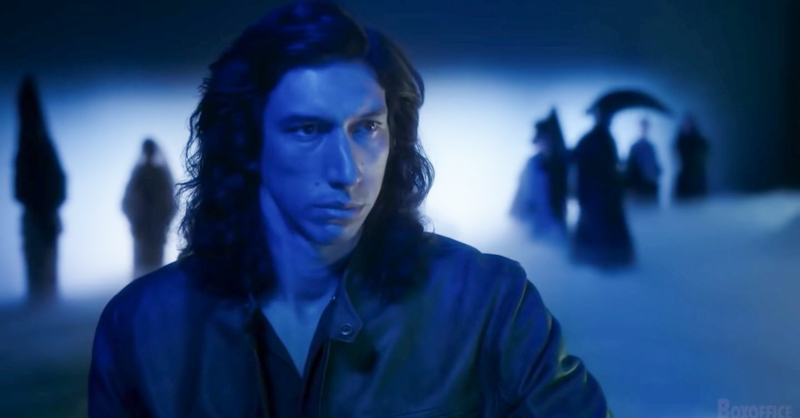
The first act focusing on their careers and pure love is the movie at its most overindulgent, focusing more on McHenry’s jarring stand-up performances than Defrasnoux’s ethereal opera show. Watching Driver’s performance is the only thing that stops it from being a pure test of endurance, like a performance art show you can’t quite get the nerve up to walk out of. But as becomes evident, this is mostly Driver’s show, as the reveal of McHenry’s past violence towards women rears its head, and begins to cause a disparaging of career levels between him and Ann, made worse by the arrival of their new child, Annette.
Now, if anything comes out of Annette that breaks into pop culture, it will be baby Annette. A horrifyingly impressive puppet, it’s hard not to be both off-put and completely enamored by her soulful eyes. As the story turns into tragedy, there were several times when the pain from Annette feels endearing and touching, and it’s pretty much a miracle how well the craft department was able to pull it all off. After a first act that plays like an acid trip, the discovery of Annette’s vocal gifts transitions the movie into more of a dream state than a nightmare, bringing some clarity into the storytelling that adds a raw, emotional core.
The Sparks’ script appropriately feels infused with decades-worth of experience in the entertainment industry, and the rather simple narrative examines exploitation in the music business and fading fame through McHenry’s fragile ego and treatment of Annette. The sheer ambition both masks the simplicity and stretches the movie beyond what’s necessary. In trying to be so bold and daring in execution, character development beyond McHenry feels one-dimensional – especially of Cottilard’s Ann and Simon Helberg’s The Conductor. Most of that can be forgiven thanks to sheer sensory awe, as Carax crafts remarkable numbers using rear projection to make it feel like an epic stage play – with a scene at sea likely to go down as one of my favorite of the year. And yet, it’s still disappointing for as gripping the movie can be it’s not thanks to caring about the characters so much as it because so much is being thrust at you. Until the final half, Carax seems far more focused on blowing your mind than finding the resonance of anyone who isn’t McHenry.
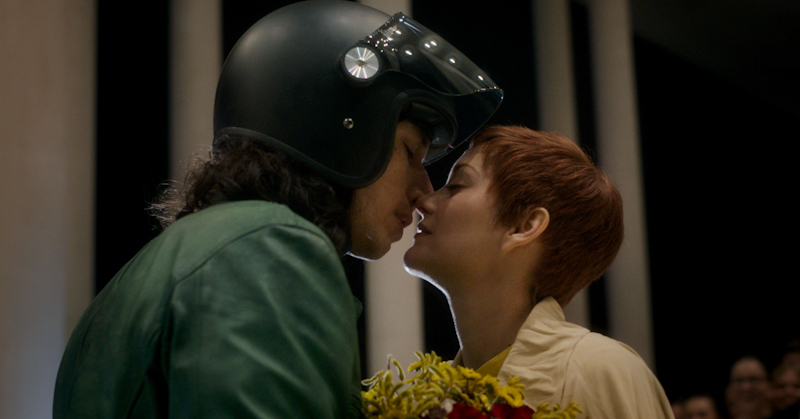
The music at the heart of these scenes has a synthetic blend of electronic beats and sweeping, instrumental soundscapes, with lyrics that can either capture the emotional turmoil on display or dip into the silly. Examples of the film’s meta-humor include The Conductor breaking the fourth wall to sing about his dreams of being more than an accompanying pianist and his love for Ann, or just having the cast singing about whatever specific thing they’re doing at that moment. While not trained singers the cast doesn’t hold back, and Driver, in particular, steals the show. As he continues his career his work here will likely be looked back at as some of his very best, diving out of his comfort zone into his most daring, unrestrained work, shouldering so much of a movie that is so often proving itself to my so much bigger than himself.
In going so big all the time – with the exception of tender and delicate final moments that favor emotional introspection over wild visuals – only the most committed will stay through Annette and come out the other side with an opinion. It’s not for the easily turned away or the casual viewer, and certainly not meant to be watched with your phone in your other hand. Not unlike M. Night Shyamalans’ recent Old, you’ll either be swept away or repelled. I am more in the former than the latter, with moments of pure brilliance scattered across a tapestry of over-bloated ambition, crescendoing into a heartbreaking, epic finale.


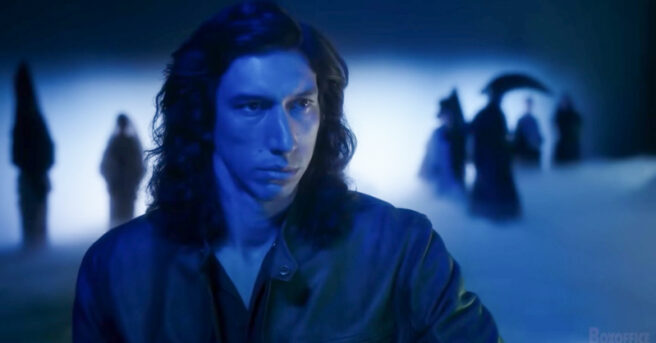




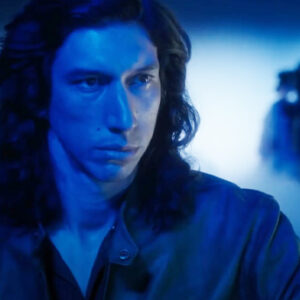
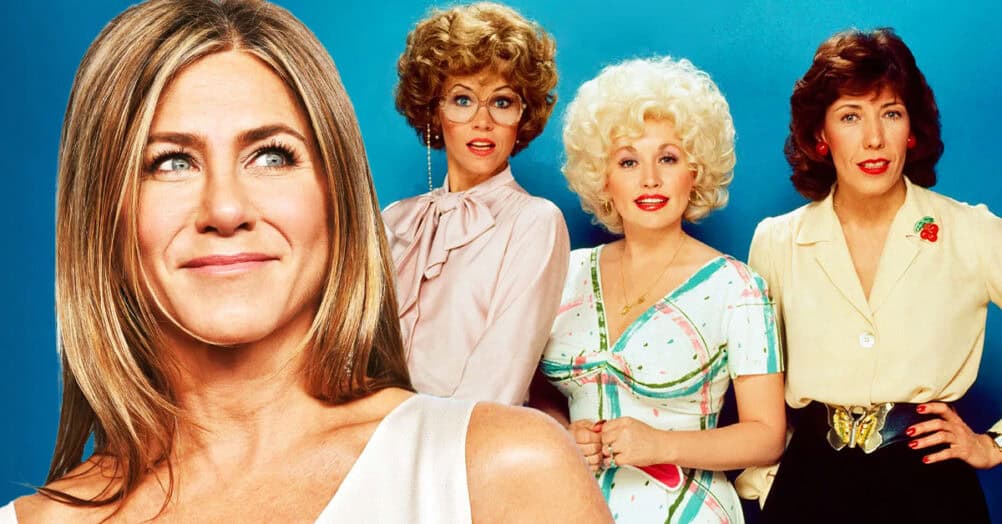
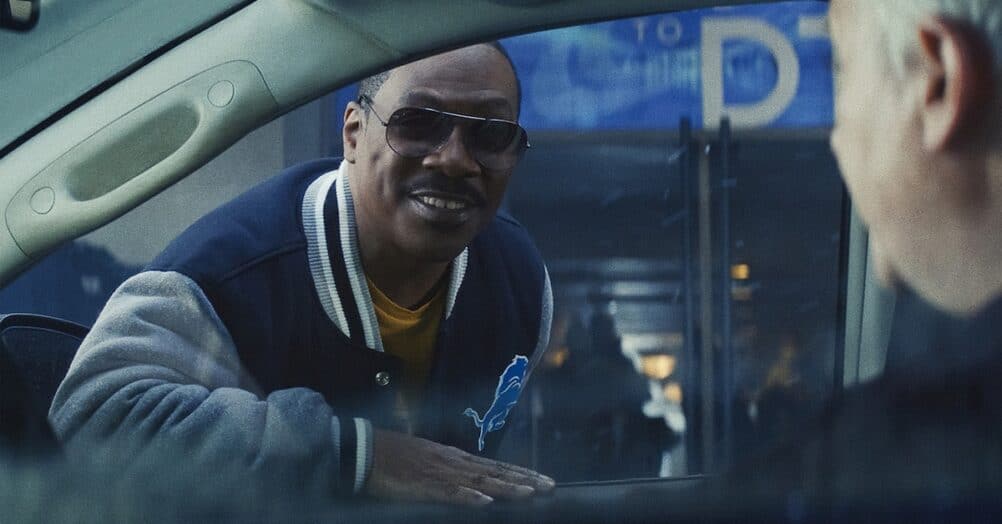

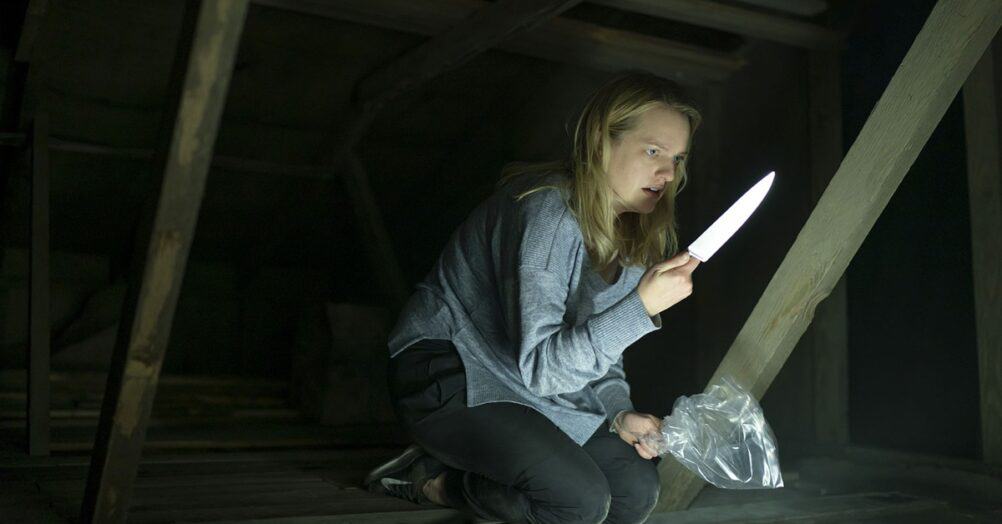


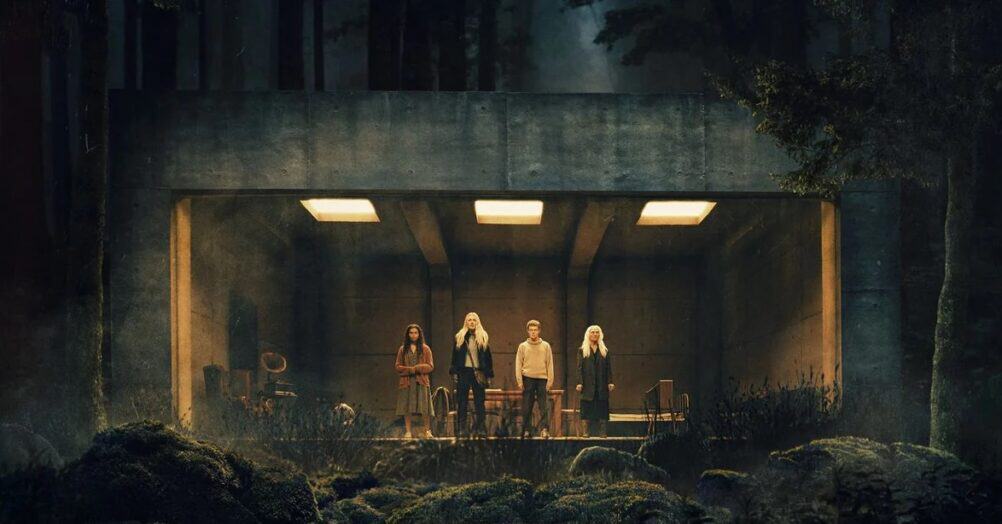

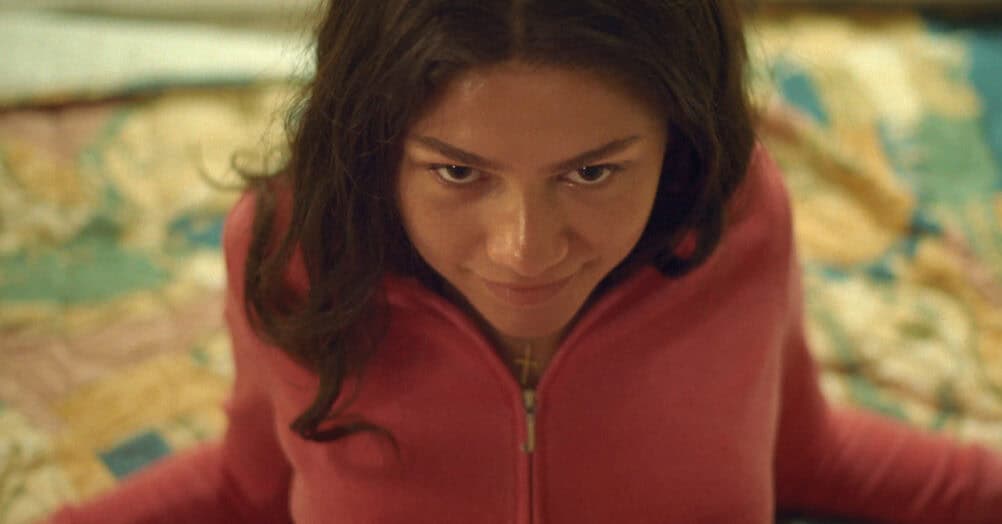
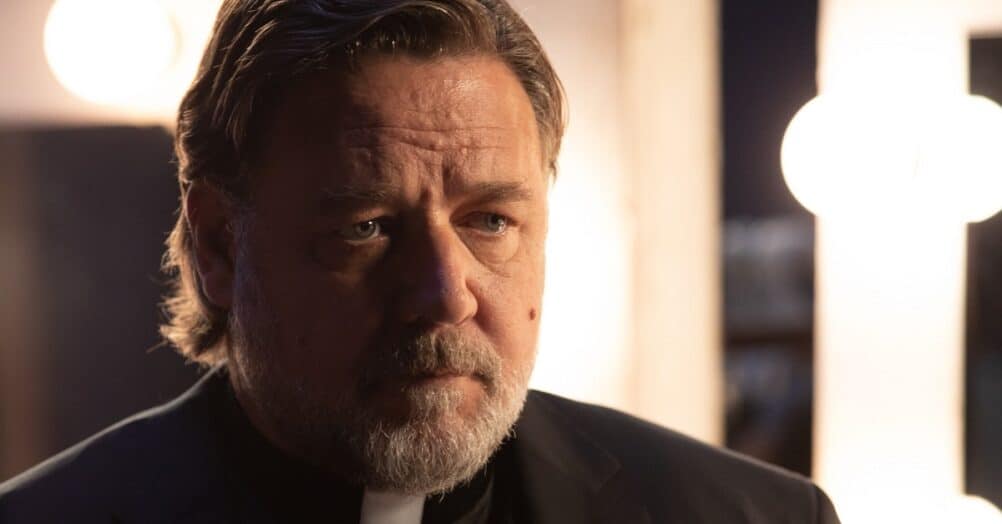
Follow the JOBLO MOVIE NETWORK
Follow us on YOUTUBE
Follow ARROW IN THE HEAD
Follow AITH on YOUTUBE